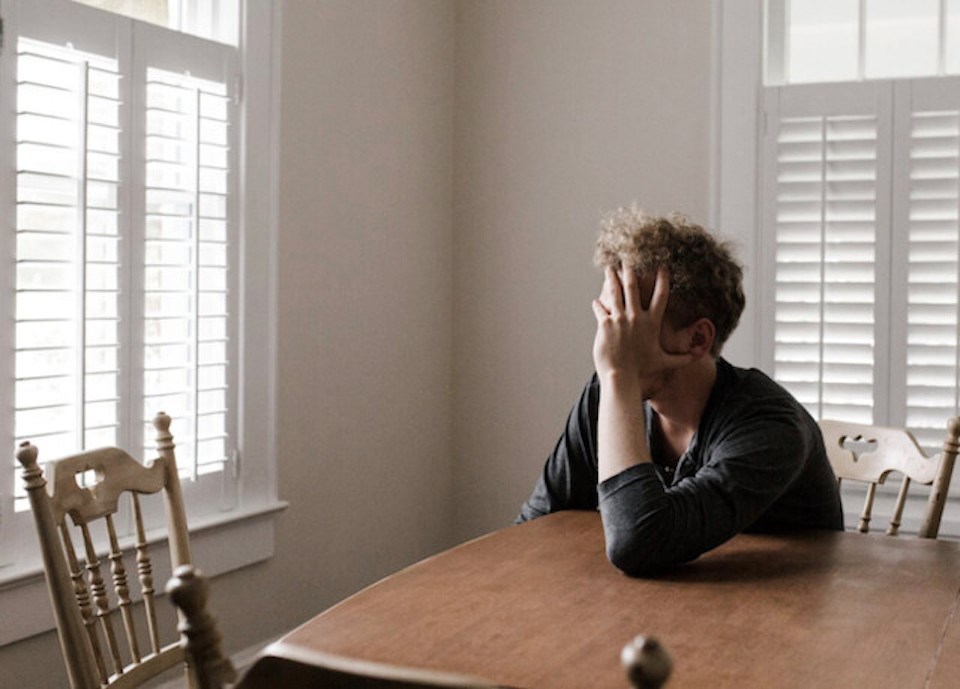COVID may be easing its grip on the country, but the aftermath of the years-long pandemic is having lasting effects on people's mental health.
Research by the Canadian Mental Health Association and UBC found most people in Canada are stressed about what’s next, with 64 per cent worried about new variants and 57 per cent worried about COVID-19 circulating in the population for years to come.
Two years of pandemic-related stressors, including grief and trauma, are likely to lead to significant long-term mental health effects on both the general population and the frontline mental health providers caring for them.
“We’re seeing the signs of chronic stress on the population,” said Margaret Eaton, National CEO of CMHA. “Unfortunately, community mental health organizations have drawn on shallow reserves to meet people’s mental health needs during COVID, and now they’re running on empty. It’s time to check the engine light on our mental health system.
“And with 37 per cent of Canadians reporting a decline in mental health since the pandemic started, it really is the time.”
On its , the CMHA said the “worries amount to chronic stress for the population and it’s taking a toll, making basic decisions harder, sapping our energy and leaving people plain tired or burnt out. Nearly half (46%) of Canadians are stressed or worried about coping with uncertainty.”
The pandemic has equally been hard on the people who take care of those who need help.
In a , community mental health workers – and the agencies they work for – said they are burning out.
For these not-for-profit organizations, which provide free mental health support and services, current funding is not enough to meet existing needs, let alone coming ones.
CMHA said Canadians are faced with long waiting lists in the public system, and high costs in the private sector and they don’t know where to go to get the help they need.
According to the CMHA and UBC numbers, almost one in five (17%) people said they needed help with their mental health during the pandemic but didn’t receive it.
That’s because they didn’t know how or where to get it (36%), couldn’t afford to pay (36%), couldn’t get access (29%) or because their insurance didn’t cover it (19%).
CMHA is calling on the federal government to fix what’s broken, by adequately funding community mental health and addictions services and investing in strategies that strengthen mental health and prevent mental illness in the first place.
CMHA is also asking for free, community-based counselling and psychotherapy.



